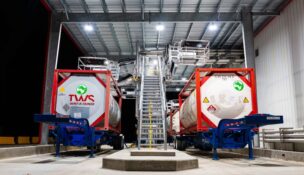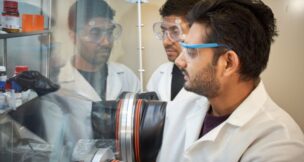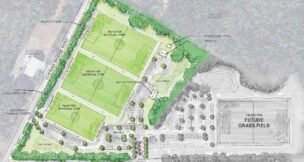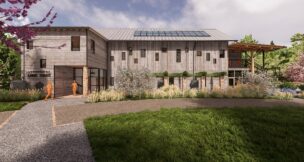Investors plan film production facility in West Ashley
Staff //April 16, 2021//
South Carolina has award-winning hotels and airports that appeal to production companies, but the state lacks the studio space to knock its attraction out of the park, S.C. Department of Parks, Recreation and Tourism Director Duane Parrish said.
But that might change very soon.
One private business is going off script and not waiting for the government to make the first move. Executives have already designed plans for a production facility that could be just years away.
Ginger Davis, director of leasing at Trademark Properties in Charleston, said she and Founder and CEO Richard C. Davis put together an investment group in 2017 and acquired 4.5 million square feet of property at West Ashley’s Citadel Mall to reuse and redevelop into a multiuse development that includes a production facility.
“We want to create an environment where people work here and live here all the time. We want the constant impact of the industry. Not just the one-off projects,” she said.
The facility is planned to be a one-stop shop for production companies with sound stages, editing offices and more, in addition to a medical facility, hotels, office space, dining and retail.
HBO’s success in the space so far is evidence the plans could work.
In January 2019, the premium channel signed a multiyear lease on the empty Sears department store and transformed it into a sound stage for its comedic series, The Righteous Gemstones.
“We really used the project with Sears as a proof of concept,” Davis said. “We had a department store that was in a redevelopment project. There’s a ton of space. It was going to be either tear it down or find a new use.”
TMP plans to build up the property around the studio to welcome more HBO shows, Netflix and any other streaming networks or studios that want to film in South Carolina.
Without the guarantee of more business given the state’s small incentives budget, Parrish worries there isn’t enough business to sustain the infrastructure and suggests that’s why other proposals haven’t panned out so far.
“We really have not been large enough to support what I would consider a full-size studio on an ongoing basis,” he said.
The argument could be made that more incentive money could bring in more production, Parrish said, but it would be a financial risk to build before the government buys in.
Davis believes the solution is to make the property multifunctional so it attracts foot traffic and isn’t solely dependent on ongoing production to stay solvent.
“People will shop at our Target, at our stores, and it activates our property,” she said. “They have tons of parking, they’ll eat at our food court. The goal is for the economic impact to trickle all the way down to a lot of ancillary businesses.”
The entire package, including Medical University of South Carolina’s facility which opened in 2019, is intended to draw in industry business and be a place where a studio may have one show already filming and then it brings several more.
Davis believes adding a meaningful creative facility has the potential to diversify South Carolina’s economy even further beyond manufacturing, biotech and tourism.
















